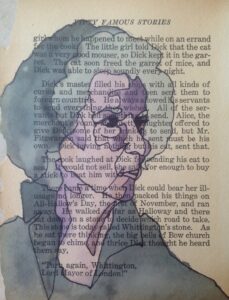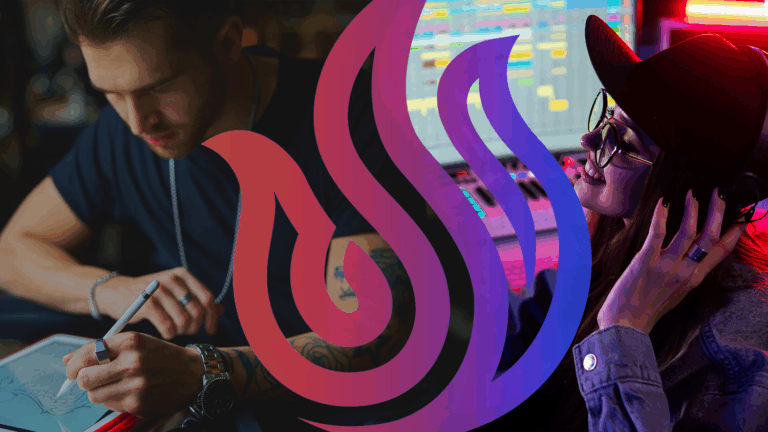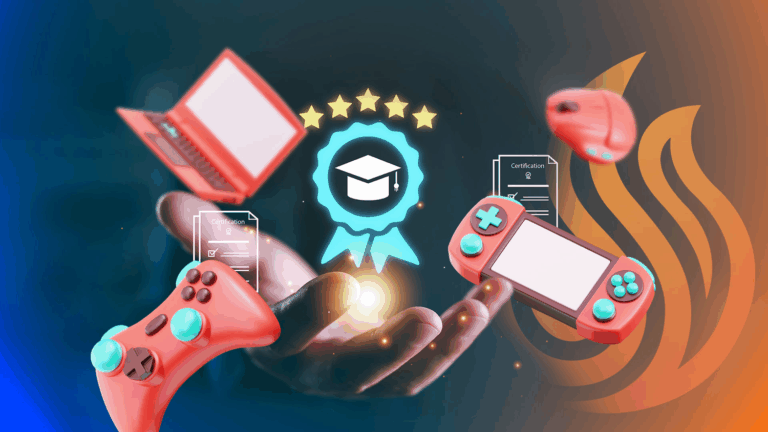“Storytelling, in all its myriad forms, drives culture and industry,” says Soma Mei Sheng Frazier, author and chair of the English and Humanities Department at University of Silicon Valley. Curated and produced by students, issue #8 of COG is now available to read, watch and listen.

Since their inaugural year, the COG Poetry Awards and COG Page to Screen Awards have drawn entries from nearly all of the U.S. states, as well as Sweden, England, Israel, India, Canada, Mauritius, Indonesia, Australia and beyond. Finalists are selected by COG students and the final winners are designated by such luminaries as U.S. Poet Laureate Juan Felipe Herrera and Daniel Handler (most well known as the author Lemony Snicket). This year, Library of Congress and NEA honoree Major Jackson and novelist Gish Jen will serve as final judges.
“What is unique about the competitions,” Frazier added, “is the animated adaptations of the winning pieces that are produced by students in our Digital Art and Animation and Digital Audio Technology programs.”
Included in the latest issue is this interview with Major Jackson:
1. As a kid, what did you want to be when you grew up?
In elementary school, 1st grade I believe, we had these wooden foot-high cutouts in our classroom of people with professional careers: nurse, doctor, fireman, policeman, and a teacher. As a kid into my teenage years, my father called me “Doc” and so, you see where this is going.
2. How did you become you instead?
I studied accounting in college and after graduation worked in the corporate office of Urban Outfitters, then a non-profit arts center in Philadelphia, a construction and engineering company in Boston, and finally, a law office in New Orleans. I enjoyed that experience as well as my business classes but always knew my brain was wired for storytelling and song, and so, even in college, I overdosed on English classes.
3. Fave lesser-known hero (personal or fictional)?
All of my teachers, especially those who were encouraging and saw beyond the boundaries of race and class.
4. What’s the most enjoyable aspect of your work; the least?
Being inside a poem while writing is transcendent as much as it is terrifying. I feel the same energy as running five miles in the morning and equally exhausted when I’ve finished. If only I ran as much as I write, which isn’t daily, but enough for me to claim the title writer.
5. If you were a hybrid, what would your two halves be?
A relaxing swim in a mountain lake in summer and a John Coltrane solo.
6. What problem, large or small, are you hell-bent on solving?
All humanity is precious. We somehow missed that lesson growing up.


